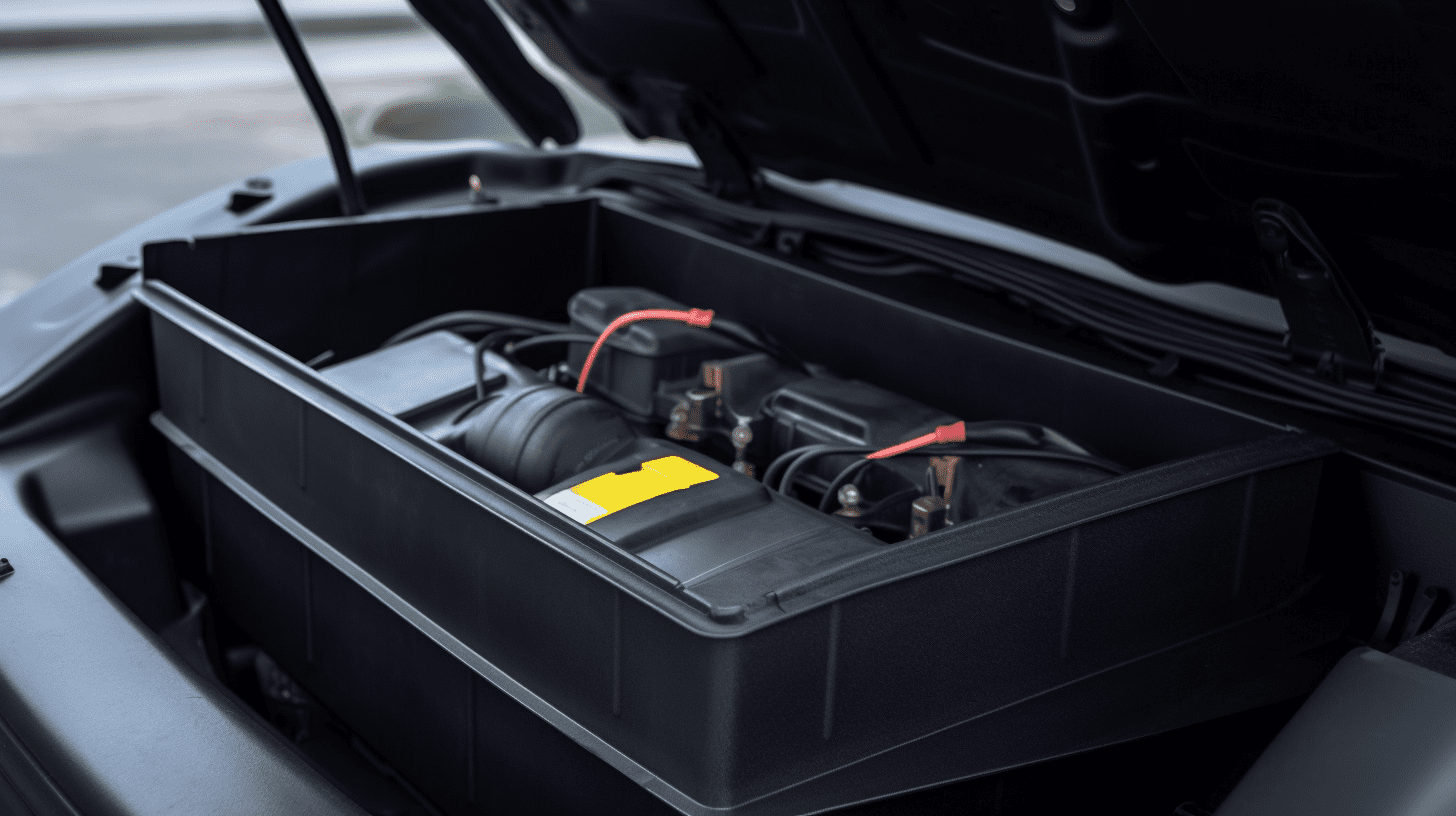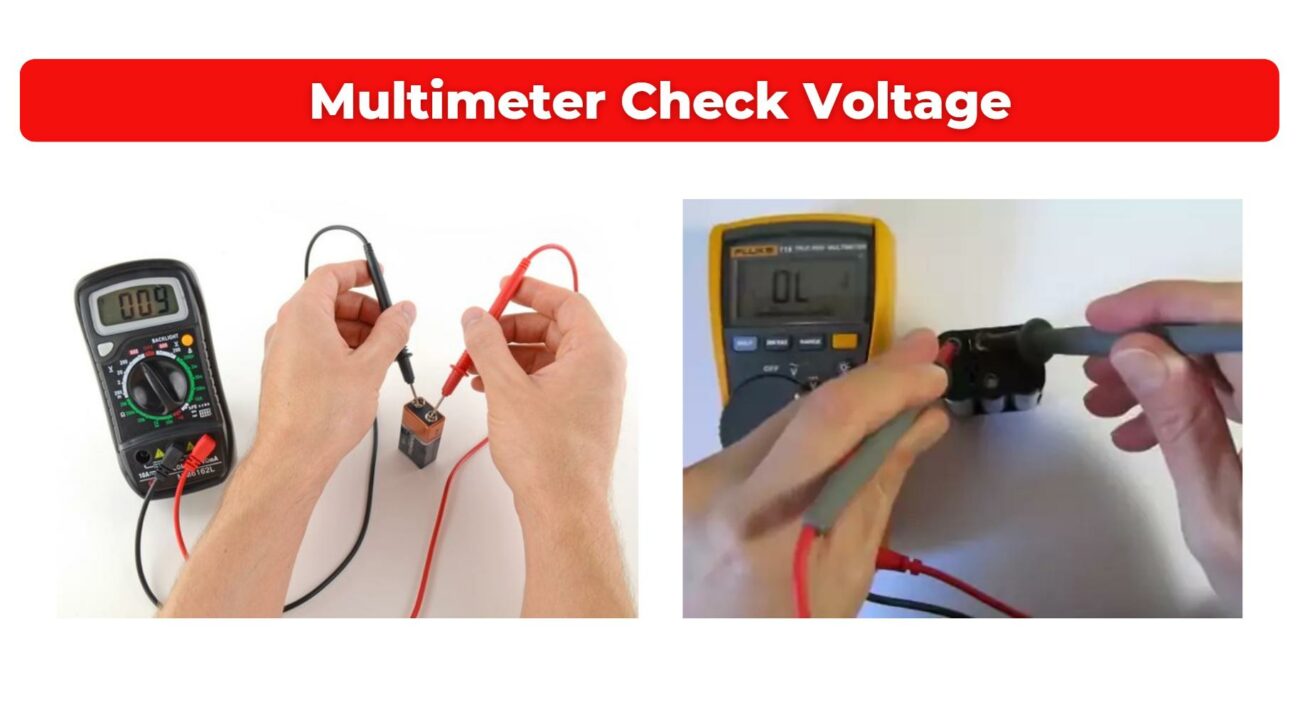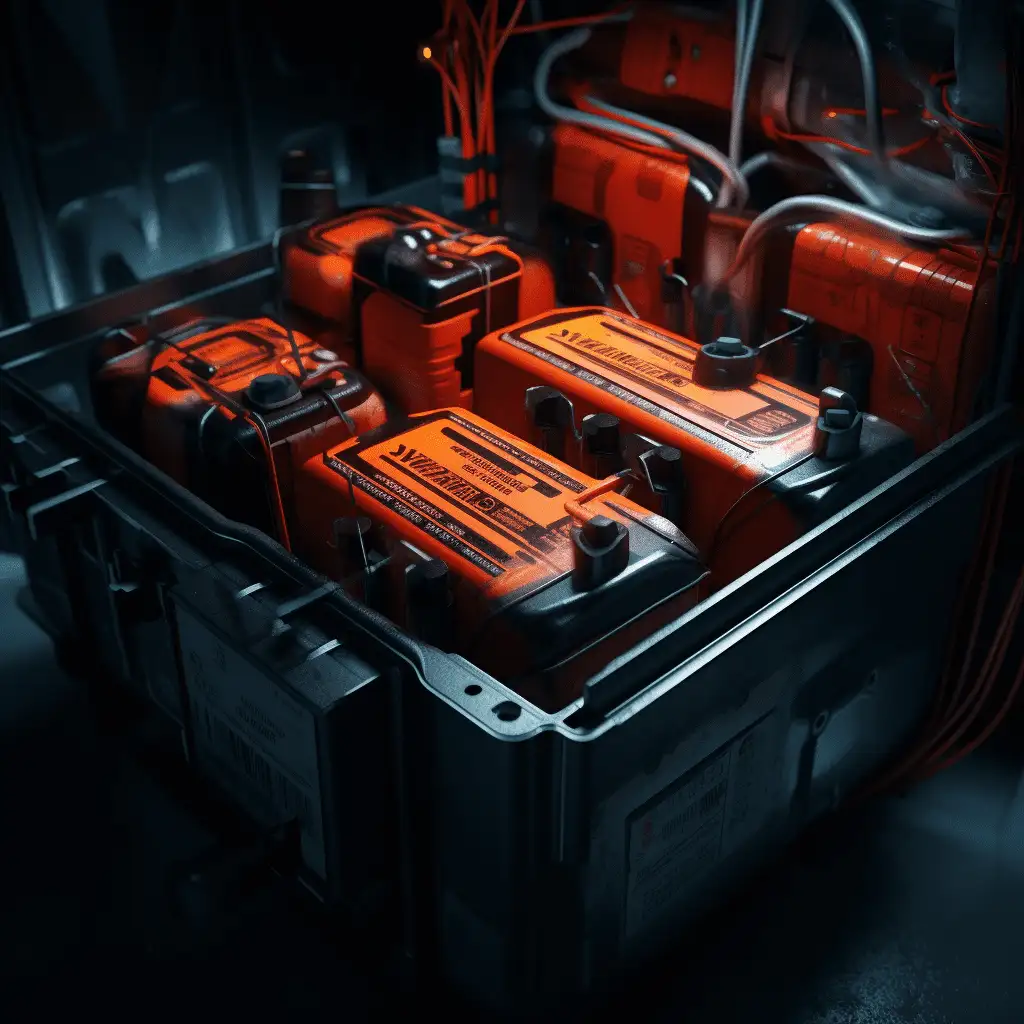What causes high voltage in car batteries, and how can it be resolved? High voltage in car batteries can arise from overcharging, faulty voltage regulators, or issues with the alternator. Addressing these problems is crucial to prevent battery damage and ensure vehicle safety. Regular maintenance and monitoring can help maintain optimal battery voltage.
What is the normal voltage range for a car battery?
A typical car battery operates within a specific voltage range:
- At Rest: A fully charged lead-acid battery should read around 12.6 to 12.8 volts.
- During Cranking: When starting the engine, the voltage may drop to around 10 volts but should recover quickly.
- Charging: When the engine is running, the voltage should be between 13.7 to 14.7 volts, indicating that the alternator is charging the battery.
| Condition | Voltage Range |
|---|---|
| At Rest | 12.6 – 12.8V |
| During Cranking | ~10V |
| Charging | 13.7 – 14.7V |
How does overcharging affect car battery voltage?
Overcharging occurs when a battery receives more voltage than it can handle, often due to a malfunctioning charging system. This can lead to:
- Increased Voltage: Excessive voltage can cause the battery to exceed its normal operating range.
- Heat Generation: Overcharging generates heat, which can damage internal components and lead to electrolyte loss.
- Battery Damage: Prolonged overcharging can result in swelling, leakage, or even explosion in extreme cases.
What role does the voltage regulator play in battery performance?
The voltage regulator is a critical component of the vehicle’s charging system:
- Regulating Output: It ensures that the alternator produces a consistent voltage output, typically between 13.7 to 14.7 volts.
- Preventing Overcharging: A malfunctioning regulator can lead to excessive voltage being sent to the battery, causing overcharging.
- Maintaining Battery Health: Proper regulation helps extend battery life by preventing damage from high voltage levels.
Why might a faulty alternator cause high battery voltage?
A faulty alternator can contribute to high battery voltage due to:
- Inconsistent Charging: If the alternator fails to regulate its output correctly, it may send too much voltage to the battery.
- Short Circuits: Internal short circuits within the alternator can cause spikes in voltage output.
- Worn Components: Aging or damaged components within the alternator may not function properly, leading to overcharging.
How can you diagnose high voltage issues in your car battery?
Diagnosing high voltage issues involves several steps:
- Use a Multimeter: Measure the resting and charging voltages of your battery using a multimeter.
- Inspect Charging System: Check the condition of the alternator and voltage regulator for signs of wear or failure.
- Look for Warning Signs: Monitor for symptoms of overcharging, such as swelling or leakage from the battery.
What are some common solutions for high car battery voltage?
If you identify high voltage issues, consider these solutions:
- Replace Voltage Regulator: If faulty, replacing the regulator can restore proper charging levels.
- Repair or Replace Alternator: Address any issues with the alternator that may be causing excessive output.
- Battery Maintenance: Regularly check and maintain your battery to prevent damage from high voltages.
Why is it important to monitor car battery voltage regularly?
Regular monitoring of your car battery’s voltage is essential for several reasons:
- Preventive Maintenance: Early detection of issues can prevent unexpected breakdowns and costly repairs.
- Battery Longevity: Maintaining optimal voltage levels helps extend the life of your battery.
- Vehicle Performance: Properly functioning batteries contribute to overall vehicle reliability and performance.
Industrial News
Recent advancements in automotive technology have led to improved charging systems designed to enhance battery performance and safety. Manufacturers are focusing on developing smarter electrical systems that monitor and adjust charging parameters in real-time. Additionally, there is an increasing emphasis on sustainable practices within the automotive industry, including recycling old batteries and reducing environmental impact.
Understanding Car Battery Overcharging: Causes and Solutions
Overcharging occurs when a car’s battery receives excessive voltage beyond its recommended limit, often due to a faulty charger, regulator failure, or leaving it plugged in for too long. This can lead to chemical imbalances, reduced lifespan, and, in extreme cases, a fire hazard.
Diagnosing High Voltage in Car Batteries
High voltage in a car battery typically results from overcharging, a faulty regulator, or issues with the electrical system. Overcharging occurs when the battery receives excessive voltage from the alternator or charger, leading to an increase in voltage above the normal range. This can cause the electrolyte to overheat and boil, leading to a decrease in battery capacity and lifespan.
Preventing Overcharging in Car Batteries
To prevent overcharging, it’s crucial to address overcharging issues promptly and maintain proper voltage levels in the electrical system. Regular battery maintenance and servicing can help identify and resolve problems before they lead to severe consequences. Additionally, using smart chargers and ensuring that charging equipment is functioning correctly can help prevent overcharging.
Redway Expert Insights
“Understanding your vehicle’s electrical system is crucial for maintaining optimal performance. Monitoring battery voltage regularly helps prevent issues before they escalate into serious problems,” states Dr. Michael Thompson, an expert in automotive technology.
FAQ Section
What would cause battery voltage to be high?
High battery voltage can be caused by a faulty alternator, bad voltage regulator, loose or corroded wiring connections, a failing starter, or a defective battery. Overcharging due to malfunctioning parts leads to excessive voltage readings above normal levels.
How to fix battery overvoltage?
Fix overvoltage by inspecting and replacing a faulty voltage regulator or alternator, repairing loose or corroded wiring, and ensuring a quality, healthy battery. Professional diagnosis and timely repairs prevent damage.
What would cause my vehicle to put out too much voltage?
Excess voltage output is often caused by a defective voltage regulator failing to control alternator output, internal alternator faults, or damaged wiring, leading to battery and electrical system overvoltage.
How to fix an overcharged battery on a car?
To fix an overcharged battery, replace or repair the faulty voltage regulator or alternator, check and secure all electrical connections, and if the battery is damaged, replace it. Avoid prolonged overcharging to prevent damage.
How To Fix High Battery Voltage?
First, diagnose the root cause—check alternator, voltage regulator, wiring, and battery health. Repair or replace faulty parts like the voltage regulator and alternator. Ensure clean, tight connections, and monitor voltage after repairs.
What Causes High Battery Voltage In Cars?
Common causes include overcharging by a broken voltage regulator or alternator, loose or corroded wiring, bad starter, and a defective battery.
What Happens If Battery Voltage Is Too High?
High voltage causes battery overheating, electrolyte loss, permanent battery damage, possible battery swelling or explosion, and damage to vehicle electrical components like sensors and lights.
How To Fix High Voltage In A Car?
Test and replace the voltage regulator or alternator if malfunctioning, fix wiring issues, and replace damaged batteries to restore proper voltage regulation.
What Causes High Battery Voltage In Trucks?
Same as cars—faulty alternator or voltage regulator, wiring problems, or battery faults can cause elevated voltage levels in trucks.
What Is Normal Battery Voltage When Car Is Running?
Normal voltage is typically 13.7 to 14.7 volts when the engine runs, as the alternator charges the battery.
Why Does Battery Voltage Say Too High, Remove Charger?
This warning indicates the battery voltage exceeds safe limits, often due to overcharging by a faulty charger or charging system, suggesting you disconnect the charger to protect the battery.
What Is Normal Battery Voltage When Car Is Off?
A fully charged car battery at rest should read about 12.6 to 12.8 volts. Lower readings might indicate discharge or battery problems.









